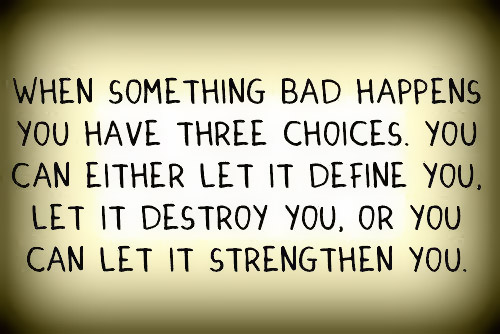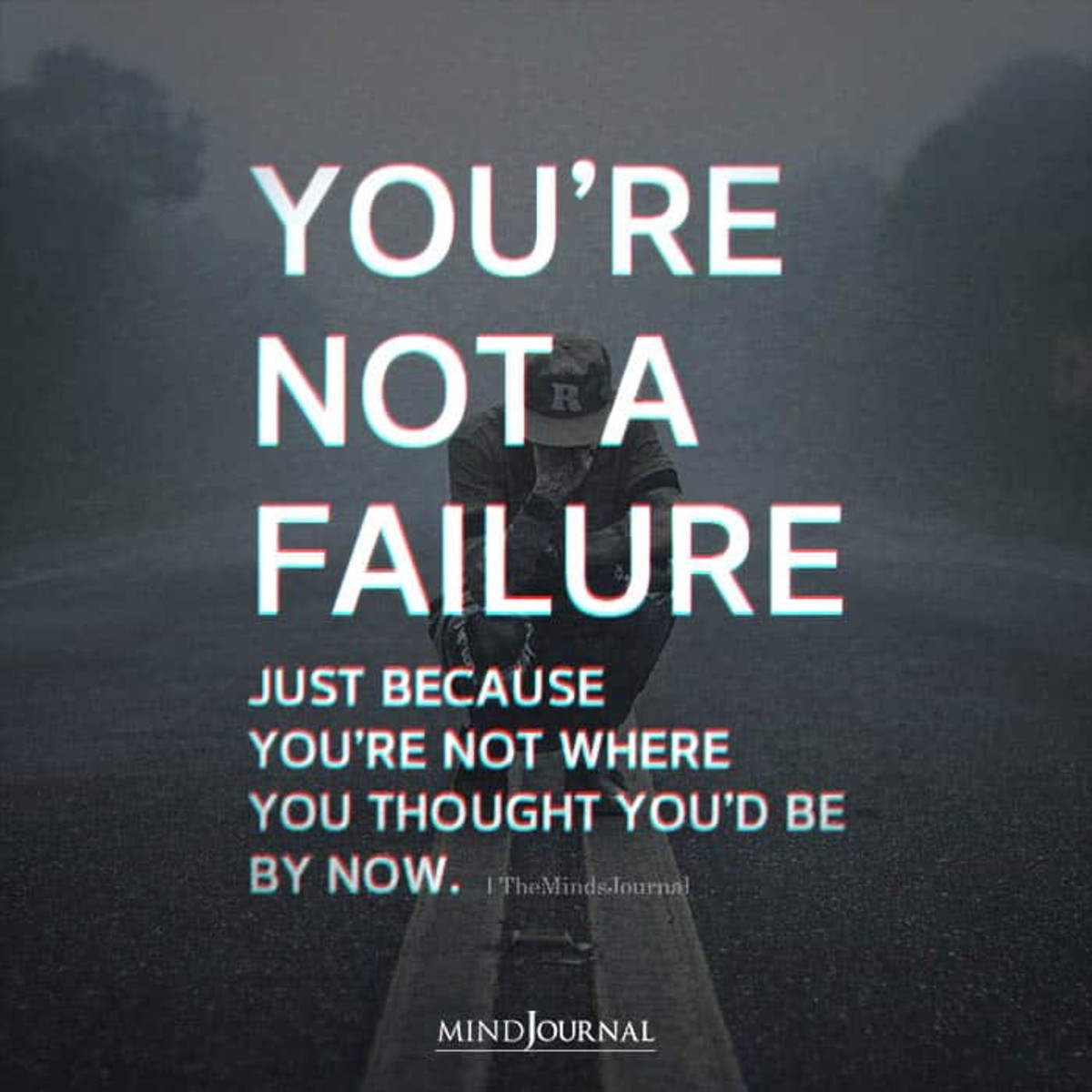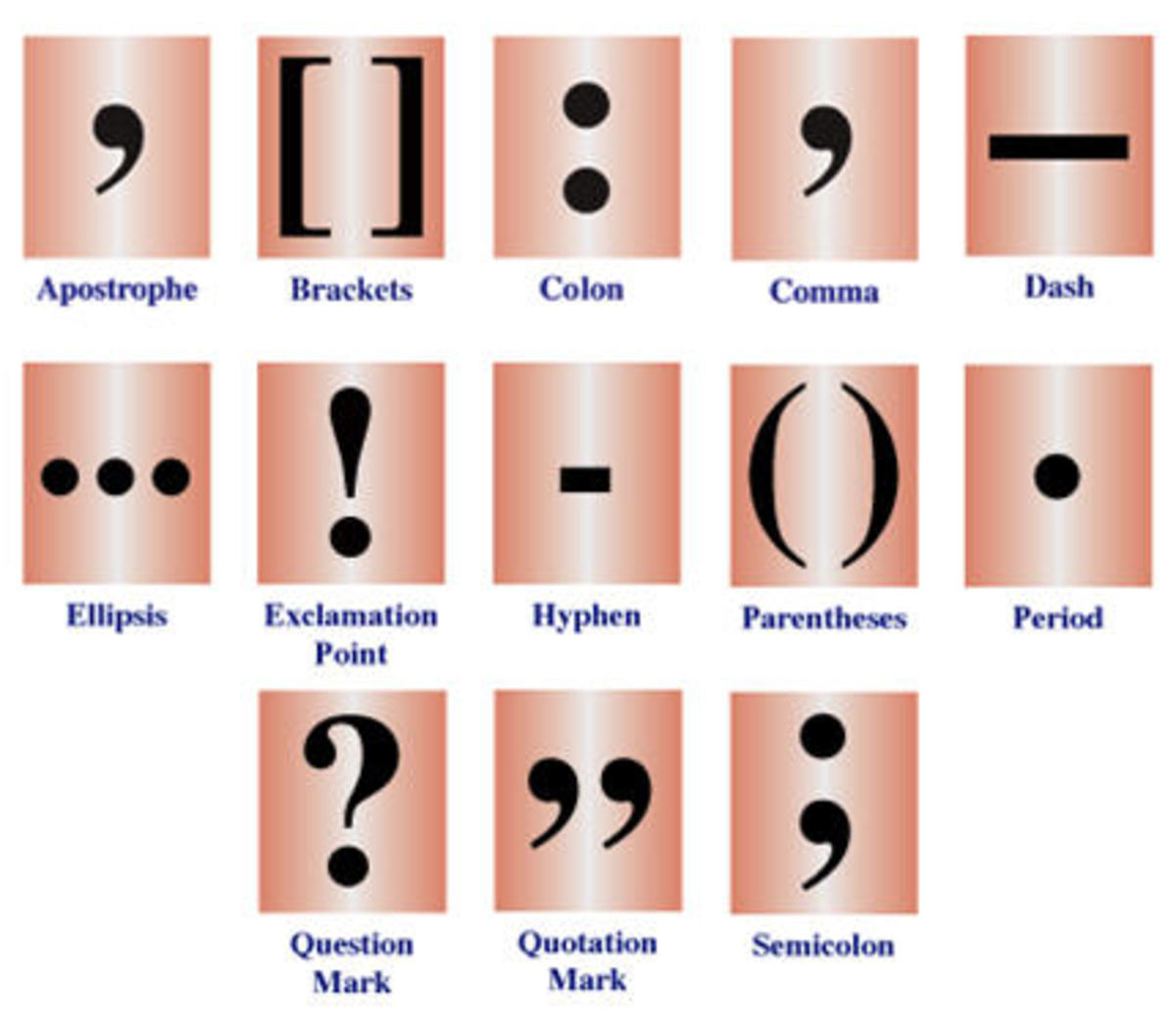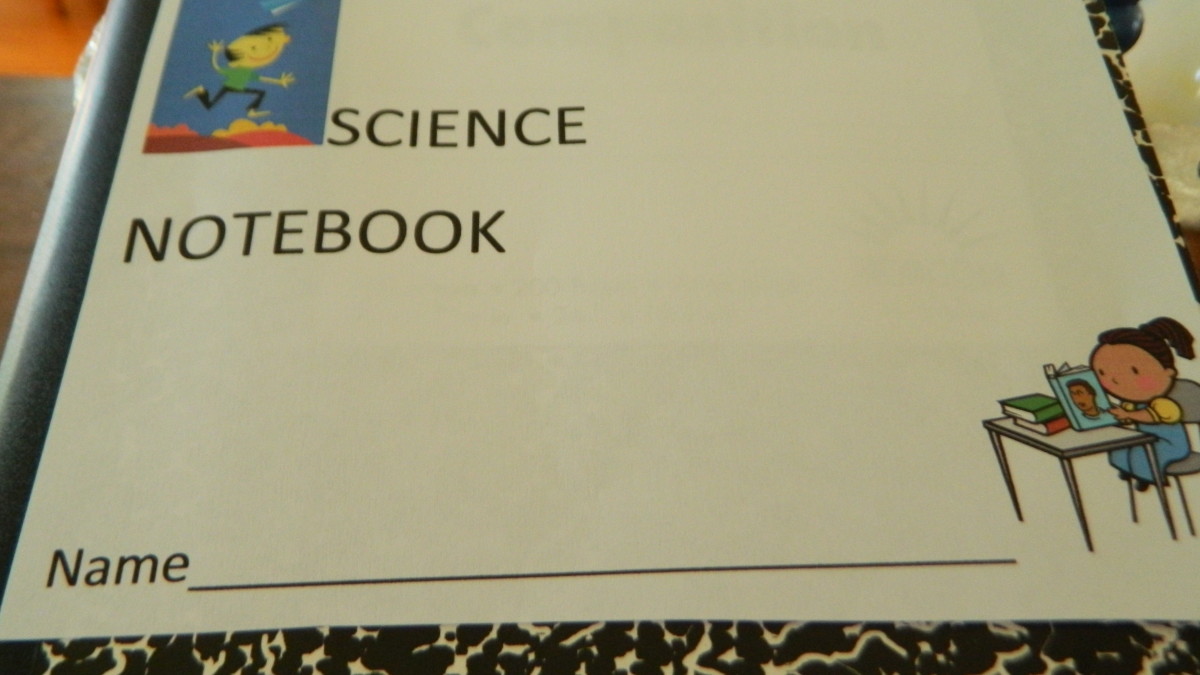How can you help children correct errors in their work? Why is it good for children to make mistakes in their work?

Making mistakes is the best way we learn
Children naturally make a lot of errors or mistakes when learning how to do things. The fact that they are trying should be encouraged so they are never afraid of making mistakes. Once the attitude creeps in that they shouldn't have a go at something because they might get it wrong, then it is hard to get rid of.
Children have a natural tendency to say they can't do it when faced with challenges. As teachers we must show them that they should still try, that it is ok to ask for help and that is certainly ok to make mistakes.
The trick is to try to correct mistakes in a positive way. Work should never be put down if they have tried hard to do it, but at the same time children must learn to accept constructive criticism.
Last year I taught a year 7 class. They were a small class with learning difficulties and I was their sole teacher for all the subjects even though they were in a secondary school. They were the sort of children who were always bottom of their class for the core subjects and I am guessing they were the children who had a lot of input from the class TA with their work. They did have the attitude that they 'can't do it'. So much so that I stuck up in the class the words 'I can't do it' and used a big red cross over it so they were banned from saying it in the class. They also had forfeits to do if they did say it. I can't blame them because they probably saw the fact that they made mistakes more than others and found things harder than them too. I also believe they had too much input from TAs in their primary education as they really were not independent at all and even though they were year 7 they were still very needy. It was impossible to do guided sessions with a group as the other children couldn't work by themselves on a certain task.
After a lot of hard work they are much better now though. I used a lot of the ideas below to help them believe that making mistakes was ok. That actually making them was a way we learn, and that I was never going to tell them off for making them or even put them down because they did.
Don't let children grow up like this...
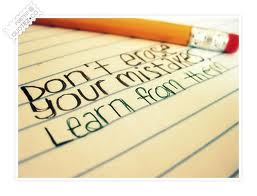
Why is it ok to make mistakes?
A life spent making mistakes is not only more honorable, but more useful than a life spent doing nothing. ~ George Bernard Shaw
There are plenty of reasons why actually making mistakes is actually healthy for us as learners. It is up to us as teacher to actually show we make mistakes ourselves, as we are only human, and we are alright with that. This will show children that they are free to make mistakes themselves. Create a culture of 'it is ok to make mistakes but I must learn from them' and you will have a class wanting to learn and just as important a class who will try their best.
Below are five reasons why I think making mistakes are good for you:
1. You can find out who you are - what your good at and what you need to improve.
We all make mistakes but with every one we make the more we find out about ourselves, about who we are, what we are good at and what we need to work at. With knowing ourselves better we actually become more sympathetic and tolerant of others. With us seeing our own 'weaknesses' with the fact that we make mistakes will mean we will be more forgiving of others who make mistakes themselves because you can sympathise with the situation they have faced or just the simple fact that you see them more like yourself - not perfect.
This will never be possible in a classroom as we don't find ourselves really until adulthood but lets face it, if we can set the ball rolling then it will help us when those little fights break out.
2. Life lessons - mistakes teach us more than getting it right first time.
This is something I tell my children over and over. If you find things easy and you get them right first time then you won't remember it because it was too easy. If you find it a challenge and you don't get it exactly right first time then you remember these things. In a way because it doesn't feel good. But that means that next time you want to get better and learn from those mistakes.
It is vital that we instill this culture within our classes. It is ok to make mistakes as long as you learn from it.
Mistakes are a part of being human. Appreciate your mistakes for what they are: precious life lessons that can only be learned the hard way. Unless it’s a fatal mistake, which, at least, others can learn from. ~ Al Franken
3. Realisation that it is ok to make mistakes - to let go of the fear of failure.
Everyone hates failure. It upsets people, angers others and in some serious cases it leads to depression. Well as teachers shouldn't we help children to realise that mistakes are not failure but they are only steps along the way to success.
There are some people who live 70 years, and there some people who live one year 70 times, repeating what they’re doing over and over in the name of the gold watch or whatever. ~ Wayne Dyer
4. Live life without regrets
This is actually an expansion from number 5! If you fear failure then you may not try new things because you don't want to feel unhappy or unworthy about things.
Fear of failure leads, eventually, to having regrets. I believe this totally but let me explain it a little further. If you play it safe in life, you will always take the easy road. That means you will do things that ensure you do not fail. That means you will ensure that you do not make mistakes.
If you always take the easy road then how can you challenge yourself? How can you experience new and exciting opportunities? How can you live? If you don't live then surely when you look back at those opportunities you have missed you must regret them.
It is one thing missing an opportunity because you were not aware of it at the time, or because you had to sacrifice it for someone else (your children) but to miss out because you were scared! That should never happen.
Please help your children to not fear making mistakes.
I would much rather have regrets about not doing what people said, than regretting not doing what my heart led me to and wondering what life had been like if I’d just been myself. ~ Brittany Renée
5. Growth and confidence - you can see by making mistakes that its not a bad thing so you grow as a person and you are much happier in yourself because of this knowledge.
Making mistakes allows you to learn. Making mistakes allows you to grow because of this learning process. How can we expect children to learn if they take the easy road in life?
With this learning process you gain in confidence and want to try more things. It's a spiral of growth for everyone, not only children. When you are confident enough to make mistakes and yet want something really badly then what is there to stop you?
I’ve failed over and over and over again in my life and that is why I succeed. ~ Michael Jordan
Children need to learn that making mistakes is ok. They will only learn that if you show them that it is ok. Make sure your classroom has a culture that it is ok to make mistakes, but make sure that the culture is that they learn from these mistakes.
No more 'I can't do it' statements and giving up too easily.
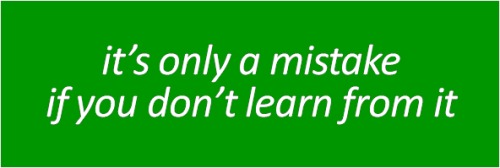
What can you do in class to help show children that it is ok to make mistakes?
There are lots of ideas you can use that are fun and engaging for children. They are non-intrusive and should never result in that person ever feeling bad about their work.
The ideas include:
Lesson idea 1:
A nice easy idea that you can do a lot in your teaching.
We model a lot to our students. We model pieces of writing all the time and show children how they should write.
Every so often you should get something wrong in your model. A spelling mistake or a wrong word, or missing word etc. Then you model how you would read your work back to check it and then find this mistake.
The next step would be to model how to correct this mistake in their work:
- I hate how some children cross out their work and leave it looking very messy. I say to my children that I would like them to bracket the mistake first, placing a cross next to it. Then the correction can be wrote above it.
You will of course have your own ideas on this.
Lesson idea 2:
This is an extension from idea 1 really in which you are going to model some work again. This time though you should pick a common mistake the class are making, or individual child you want to tackle.
This should be shown in your writing and you should ask the children to see what is wrong with it. They should be the ones who should be telling you how to correct it to. So you are modelling checking work and correcting it again.
It is also non-threatening as you are the one who is making the mistake. Children will probably be sitting there thinking 'oh I do that too' and then think, 'oh that's what I should really do'. They probably won't even think about then making mistakes in this way. That is a much better way of getting it across to children than pointing out that it is their mistake.
Now if I was modelling and used some of the children's work as a good example of what I wanted I would big that person up for it. Saying that I thought it was a great piece of work so I stole (magpied) the idea to use in my own work. This wouldn't be the case in this scenario. I would never pick out the child or children who make these mistakes. I would just thank those who helped me correct it and mention that you don't want to see anyone making the same mistake as me because we all know how to correct it now - and we should always learn from our mistakes.
Lesson idea 3:
An extension from idea 2 really:
Instead of modelling work here I would use a starter to the lesson. Very similar to a mental maths starter I would start my literacy lesson with literacy skills session.
- In this idea I would ask the question what is wrong with these sentences? Then I would have 3-5 sentences on the board with mistakes in them. They may be one the children have made in their work recently or a common mistake the class makes in their work. Again the children would be asked how I can correct the mistakes and I would model this on the board.
- Another way you can do it in a starter is to ask how you could improve a paragraph. Have mistakes in it and see who can spot them.
- Another way could be to have a list of spellings (3-5 examples of how children have spelt words) and ask which one is the correct version. Because is always a good one here!
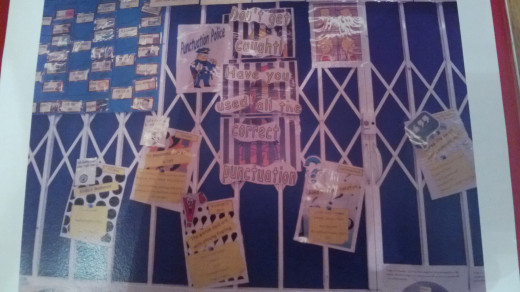
Lesson idea 4:
Punctuation police:
This is when children have finished their work and they can go and check other people's work. A form of peer assessment which works well.
- They will be given instructions to look for a certain piece of punctuation from everyone's work.
- They then go around and read over the shoulder of someone else. They are reading for one purpose - to find if that punctuation mark is used, and is used properly.
- The only time they are allowed to talk to that person is to point out a mistake and then say how to correct it. They are also given the instruction not to talk to them until that person has finished a full sentence so they are not interrupting the flow of writing.
This shows the children who are doing this that others make mistakes and it is ok to do so. It is also showing the child who made the mistake that no one is belittling them when they have made mistakes (obviously if you had a child who didn't know how to talk to children about their mistakes then they would be picked for a different job). It is a great way for peer assessment to and mistakes are not highlighted in front of the whole class so it is safe for a lot of children.
I have wrote about punctuation police in another hub.
If you like this idea then please take a look at one of my other hubs 'Guide to punctuation and ideas of how to teach the topics.'
Lesson idea 5:
Of course the punctuation police idea can be used for any aspect of writing or indeed any kind of work. Peer assessing others as they still work is a good idea and keeps children busy at the end of lessons.
Lesson idea 6:
Reward children for improvement of their work and not just getting 100%
There are plenty of children who will find it hard to get 100% all the time but if they have learnt from previous mistakes then I would praise them up in front of the whole class.
I do not agree with teachers who will make sure a child will always achieve in everything they do, also I would never set up a child to fail, but children should experience success and failure no matter their ability.
